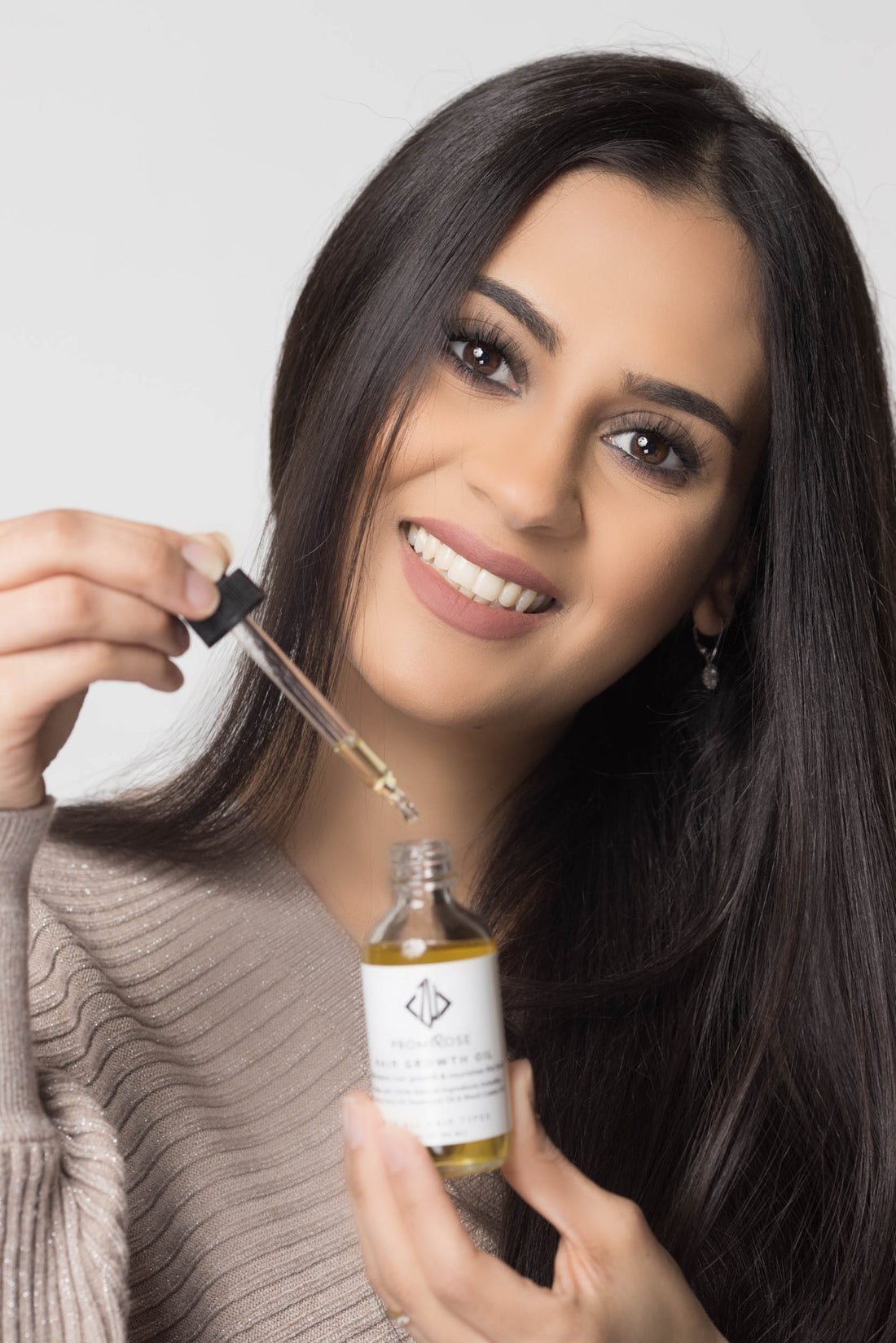
if you’ve been noticing more hairs on your pillow or hairbrush than normal, you may worry that you have hair loss. You could just be shedding more hairs than normal. Yes, there is a difference.
Hair shedding often stops on its own
It’s normal to shed between 50 and 100 hairs a day. When the body sheds significantly more hair every day, a person has excessive hair shedding. The medical term for this condition is telogen effluvium.
Excessive hair shedding is common in people who have experienced one of the following stressors:
-
Lost 20 pounds or more
-
Given birth
-
Experiencing lots of stress (caring for a loved one who is sick, going through a divorce, losing a job)
-
Had high fever
-
Undergone an operation
-
Recovering from an illness, especially if it included a high fever
-
Stopped taking birth-control pills
Most people notice the excessive hair shedding a few months after the stressful event. For example, a new mom can see excessive hair shedding about two months after giving birth. The shedding usually peaks about four months after giving birth. This shedding is normal and temporary.
As your body readjusts, the excessive shedding stops. The hair tends to regain its normal fullness within six to nine months.
However, if the stressor stays with you, hair shedding can be long-lived. People who are constantly under a lot of stress can have long-term excessive hair shedding.
Hair loss differs from hair shedding
Hair loss occurs when something stops the hair from growing. The medical term for this condition is anagen effluvium. The most common causes of hair loss include:
-
Hereditary hair loss
-
Immune system overreacts
-
Some drugs and treatments
-
Hairstyles that pull on the hair
-
Harsh hair-care products
-
The compulsion to pull out one’s hair
If you have hair loss, your hair will not grow until the cause stops. For example, people who undergo chemotherapy or radiation treatments often lose a lot of hair. When the treatment stops, their hair tends to regrow.
If you suspect that a treatment or drug is causing your hair loss, talk with your doctor. Serious side effects can occur if you immediately stop treatment or drug.
Other causes of hair loss may require treatment. Many people who have hereditary hair loss continue to lose hair without treatment. A woman who inherits the genes for hereditary hair loss may notice gradual thinning. Men who have hereditary hair loss tend to develop a receding hairline or bald patch that begins in the center of the scalp.
Treatment helps many people who have hair loss, but not everyone. A dermatologist can tell you what to expect.
we create PROMIROSE hair growth oil,
Our natural ingredients in our Promirose Hair oil use are a combination of clinically-tested, vegan plants actives that work in tandem to help support a healthy and balanced follicular ecosystem while soothing the scalp and revitalizing hair roots. This cruelty-free, vegan hair oil is formulated with powerful oils in multiple clinical studies, free of toxic chemicals or harmful side effects. Promirose hair growth oil will:
- Stimulate hair growth.
- Reduce hair fall.
- Nutritious the hair.
- Increase the hair length.
- Reducing signs of shedding to bring you thicker, fuller-looking hair.
- Light on weight, not greasy on the hair
- Use it daily no need to wash your hair.
- Cruelty-free, vegan.
by collecting the best 100% natural oils for the Best hair growth and health.





